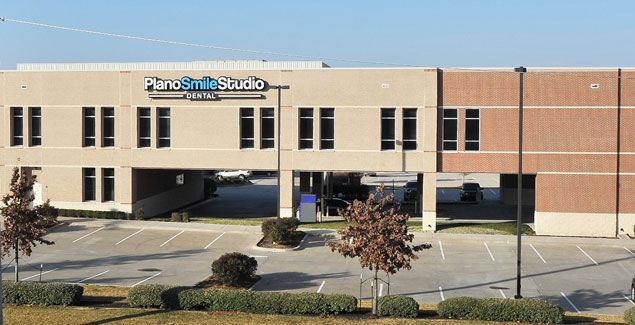Though it may sound cliché, the best treatment for periodontal disease is prevention. Periodontal disease is an infection that causes such destruction to the gums and bone, the immune system cannot repair it. Once you have been diagnosed with periodontal disease, although your damaged bone and gums will not return, you can take steps to prevent the destruction form progressing.
When the bacterial plaque in our mouths is not removed by frequent brushing and flossing, it tends to harden into a roughly textured deposit called calculus or tarter. This hard deposit cannot be removed by brushing and flossing, quickly spreading along the surfaces of the teeth and below the gum line. As the bacteria continue to colonize at and below the gum line, they produce a toxic byproduct that causes inflammation of the gum tissue and eventual bone loss.
Once bone loss has occurred, the condition is determined to be an infectious disease. The onset of the disease is sometimes marked by symptoms such as bad breath, red or bleeding gums, or extreme sensitivity. At this stage, brushing and flossing at home will no longer be effective. For the earliest detection, routine dental exams are recommended, since it is possible for periodontal disease to progress without the presence of the painful or visible symptoms.
For a successful outcome, your efforts at home are just as important as the care you receive in the dental office. Your dentist may recommend a type of deep cleaning called scaling and root planing, followed by a course of antibiotics, if necessary. You will be instructed to brush and floss diligently at home, using a toothbrush, dental floss, and other plaque controlling tools where indicated.
Your chances of preventing periodontal disease can be improved by careful plaque control and routine dental treatment, but it is important to realize that even minimal plaque levels can trigger the disease in patients with compromised immune systems. This can be a result of stress, illness, or a systemic disease. If you feel that you may have periodontal disease, or would like to be proactive in preventing this disease, contact your Plano dentist, Dr. John M. Hucklebridge, today.


